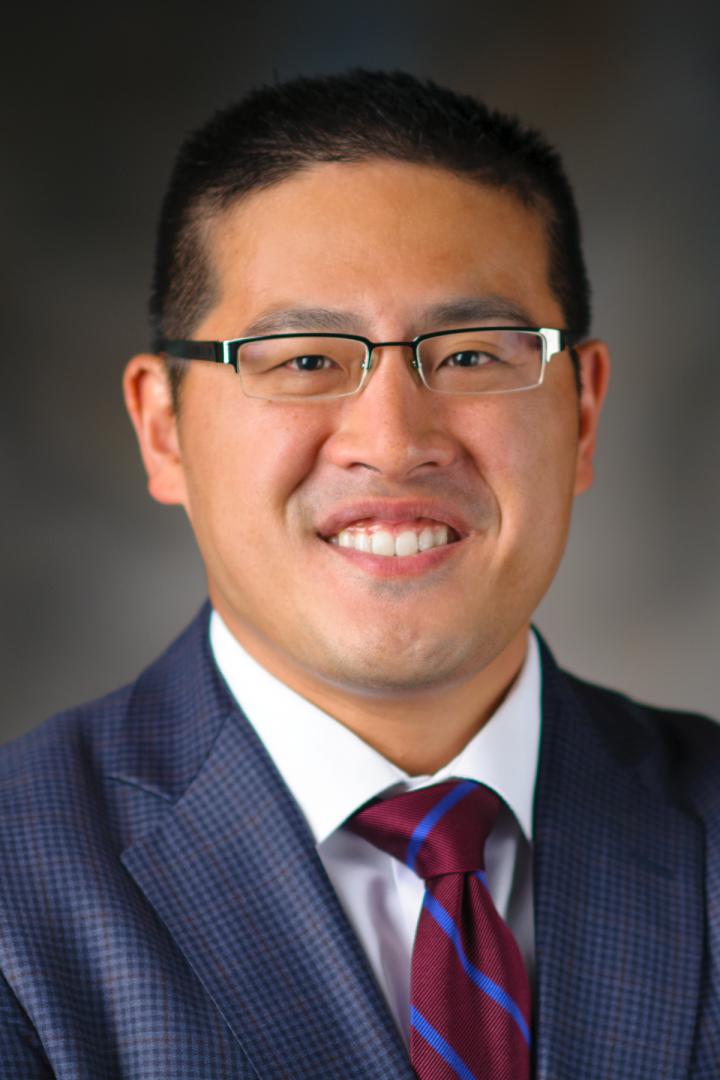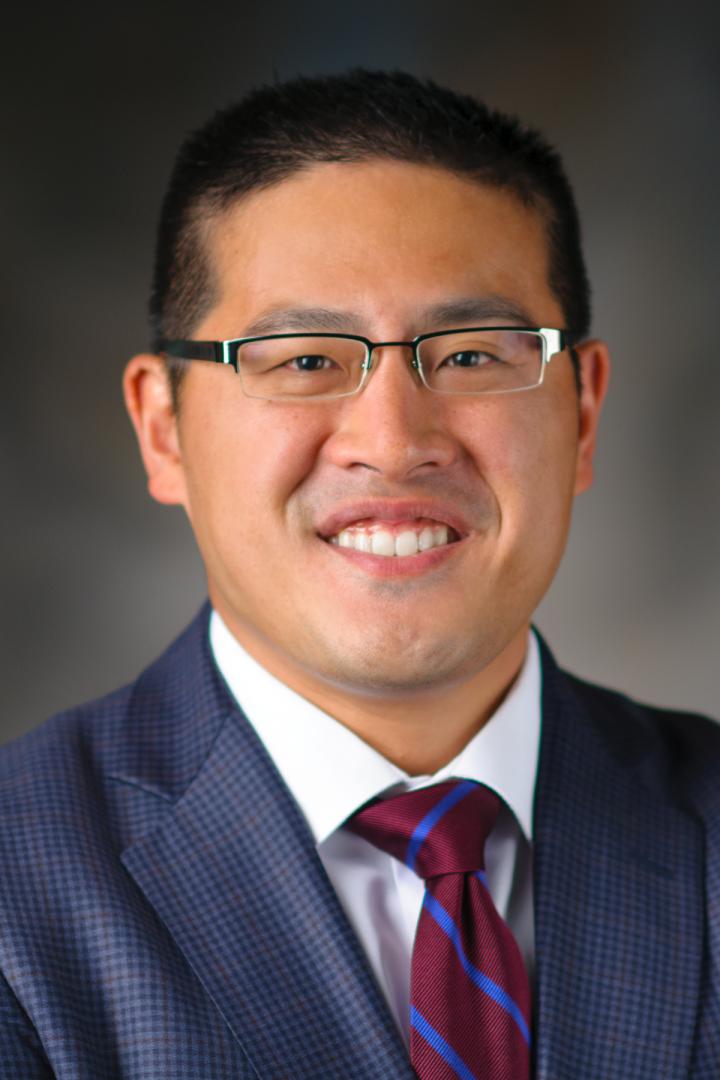
Credit: MD Anderson Cancer Center
Despite decades of clinical research establishing chemotherapy with thoracic radiation as the standard-of-care for the initial management of non-metastatic small-cell lung cancer (SCLC), a large percentage of U.S. patients do not receive these treatments and in turn have lower overall survival, according to research from The University of Texas MD Anderson Cancer Center.
The findings, reported today in JAMA Oncology, also describe obstacles encountered by patients when receiving cancer treatments, such as their insurance status and socioeconomic factors.
"For patients who received both chemotherapy and radiation, median survival was 18 months. Among the group of patients who received neither chemotherapy nor radiation, prognosis was dismal with a median survival of only 3-4 months," explained senior author Stephen G. Chun, M.D., assistant professor of Radiation Oncology. "In order to improve access to care and address related disparities, it is critical to understand the barriers patients face when getting treated for lung cancer," said Chun.
While patients with Federal government insurance (Medicare/Medicaid) were just as likely to receive chemotherapy as those with private insurance, they were significantly less likely to receive radiation therapy. Being uninsured was associated with a lower likelihood of both chemotherapy and radiation administration, explained Chun.
For the retrospective, population-based study, the MD Anderson team used the National Cancer Database (NCDB), a nationwide outcomes registry of the American College of Surgeons, the American Cancer Society and the Commission on Cancer. They identified 70,247 patients diagnosed with non-metastatic, or limited-stage, SCLC and evaluated survival and socioeconomic factors to determine obstacles to cancer treatment utilization in the United States.
The patients were 55.3 percent female and 44.7 percent male. Initial treatment was 55.5 percent chemotherapy and radiation, 20.5 percent chemotherapy alone, 3.5 percent radiation alone, 20 percent neither chemotherapy nor radiation and 0.5 percent not reported.
Patients who received chemotherapy and radiation had a median survival of 18.2 months. Patients who received either chemotherapy or radiation alone had a median survival of 10.5 and 8.3 months, respectively. Patients who received neither chemotherapy nor radiation therapy had a significantly worse median survival, 3.7 months, compared with all other treatment groups.
Multiple socioeconomic factors were highly associated with overall survival. Treatment at a non-academic center, lack of health insurance and Medicare/Medicaid coverage were also associated with significantly shorter survival.
"There are targeted access programs that provide competitive reimbursement for the administration of chemotherapy, and our findings suggest that these programs have improved chemotherapy access," said Chun. "However, these programs give no financial assistance for radiation therapy, which could in part, explain why patients with Medicare and Medicaid were less likely to receive radiation."
One limitation of the study was a small amount of cases with insufficient date or follow-up. The NCDB limits data collected to the first course of treatment. It is impossible to know if patients eventually received standard-of-care treatment, according to Chun. Additionally, while chemotherapy and radiation are reported, the NCDB does not provide information on whether they were delivered concurrently or sequentially.
"Receiving appropriate, evidence-based therapies for limited-stage SCLC is critical, and our findings underscore the need for patients to personally advocate for the standard-of-care treatment for their cancer," said Chun.
Additional research is planned to further define population patterns, specific treatment insufficiencies and the contributing factors to wide-ranging care delivery.
###
Other MD Anderson authors include: Todd A. Pezzi, M.D., James W. Welsh, M.D., Ritsuko U Komaki., Stephen M. Hahn, M.D., Clifton D. Fuller, M.D., Ph.D., all of Radiation Oncology; David L. Schwartz, M.D., Radiation Oncology and University of Tennessee Health Sciences Center; Abdallah S.R. Mohamed M.D., Radiation Oncology and Alexandria University; Boris Sepesi, M.D., Thoracic and Cardiovascular Surgery; and Christopher M. Pezzi, M.D., Baptist M.D. Anderson Cancer Center.
Drs. Mohamed and Fuller received funding support from the National Institutes of Health (NIH)/National Institute for Dental and Craniofacial Research (1R01DE025248- 01/R56DE025248-01) and the NIH/National Cancer Institute (NCI) Head and Neck Specialized Programs of Research Excellence (SPORE) Developmental Research Program Award (P50CA097007-10). Dr. Fuller received support from the Paul Calabresi Clinical Oncology Program Award (K12 CA088084-06); a National Science Foundation (NSF), Division of Mathematical Sciences, Joint NIH/NSF Initiative on Quantitative Approaches to Biomedical Big Data (QuBBD) Grant (NSF 1557679); an Elekta AB/MD Anderson Department of Radiation Oncology Seed Grant; and the Center for Radiation Oncology Research (CROR) at MD Anderson Cancer Center. The study is supported in part by the National Institutes of Health (NIH)/National Cancer Institute (NCI) Cancer Center Support (Core) Grant CA016672 to The University of Texas MD Anderson Cancer Center.
Regarding disclosures, Dr. Fuller reports receiving speaker travel funding from Elekta AB. No other disclosures are reported.
Media Contact
Lany Kimmons
[email protected]
713-563-5801
@mdandersonnews
http://www.mdanderson.org





